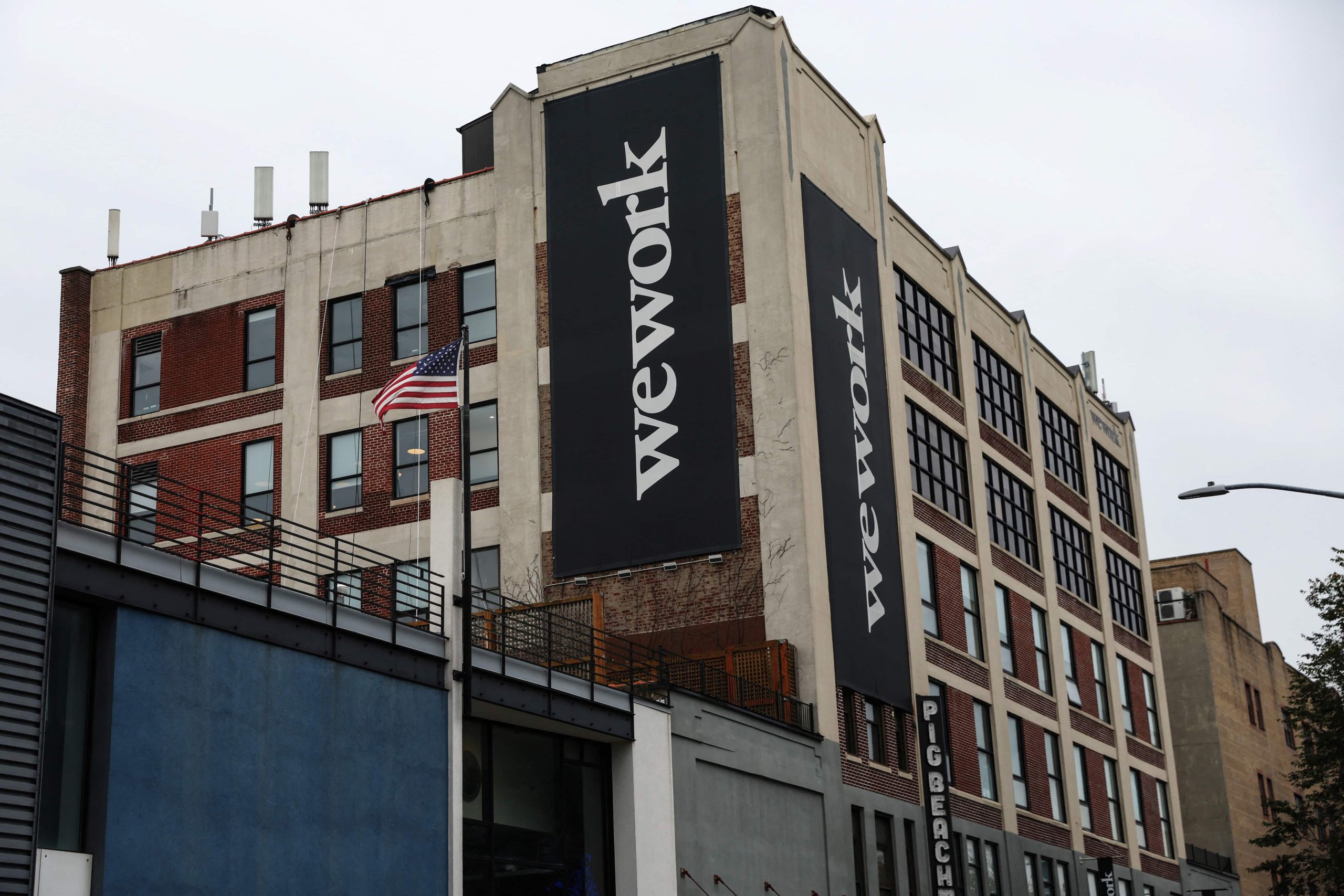WeWork’s Chapter 11 Bankruptcy Plan Approval
On Thursday, a US bankruptcy judge approved WeWork’s Chapter 11 bankruptcy plan, allowing the uncertain shared office space provider to discharge $4 billion in debt and transfer equity to a group of lenders and Yardi Systems, a real estate technology company.
Bankruptcy Plan Approval Details
WeWork’s restructuring was approved by US Bankruptcy Judge John Sherwood during a court hearing in Newark, New Jersey. The clearance allows WeWork to emerge from bankruptcy debt-free “in a matter of days,” according to the company’s attorney, Steven Serajeddini.
Impact of Bankruptcy Filing
In November 2023, the flexible workspace provider filed for bankruptcy after rapidly expanding but incurring considerable losses due to an overly large real estate portfolio. WeWork’s Chapter 11 filing has enabled it to renegotiate future rent rates with landlords, cancelling contracts at about one-third of its facilities and reducing future rent liabilities by more than $12 billion.
Post-Bankruptcy Plans
Following its bankruptcy, WeWork intends to operate 337 shared office spaces, with over 170 in the United States and Canada.
Statement from WeWork CEO
“Due to the tireless efforts of our team, and the unwavering loyalty of so many of our members, we have completed our Chapter 11 proceedings with success well beyond our initial expectations,” stated David Tolley, CEO of WeWork.
Equity Ownership Changes
WeWork rejected a competing buyout proposal from co-founder and former CEO Adam Neumann, claiming that his offer was insufficient to persuade the company’s lenders, who preferred an equity interest as part of the restructuring plan. Existing equity shares will be cancelled because of the restructuring, but SoftBank, WeWork’s largest stakeholder, will retain a minority ownership holding due to loans it made to the company. WeWork was once valued at $47 billion; its post-bankruptcy equity is estimated to be at $750 million.
Challenges Faced by WeWork
Despite its quick growth, WeWork never achieved profitability, and its reputation suffered after a failed initial public offering in 2019. The proposed IPO failed as investors expressed worries about the company’s significant losses and questioned Neumann’s management and corporate governance. WeWork eventually went public in October 2021 through a merger with a special purpose acquisition company (SPAC), but its financial problems were exacerbated when the COVID-19 pandemic caused a long-term drop in demand for office space and a substantial move toward remote working.
















































